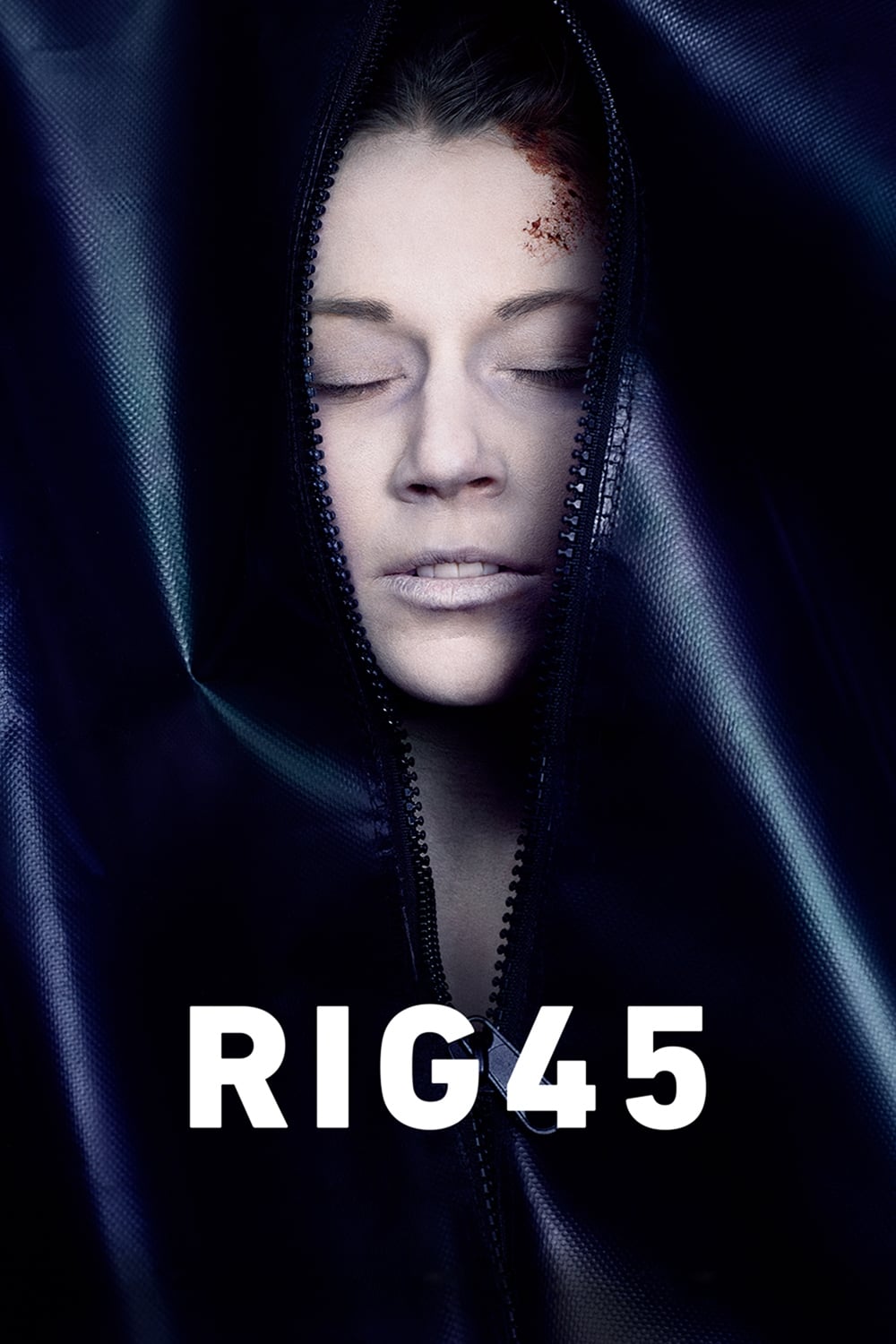![Piers Lane, The Orchestra Now, Leon Botstein - Rubbra & Bliss: Piano Concertos (2020) [Official Digital Download 24bit/88,2kHz] Download](https://i0.wp.com/imghd.xyz/images/2022/10/18/h2mswrR.jpg?resize=500%2C500&ssl=1)
Piers Lane, The Orchestra Now, Leon Botstein – Rubbra & Bliss: Piano Concertos (2020)
FLAC (tracks) 24 bit/88,2 kHz | Time – 01:17:27 minutes | 1,17 GB | Genre: Classical
Studio Masters, Official Digital Download | Front Cover | © Hyperion Records
Two very different takes on the romantic piano concerto, both equally successful. The Bliss – written in 1939 for the World’s Fair in New York – is extrovert, exuberant and virtuosic, the Rubbra a profound reflection on, and continuation of, the English pastoral tradition.
(more…)

The Orchestra Now, Orion Weiss & Leon Botstein – Piano Protagonists (2021)
FLAC (tracks) 24 bit/96 kHz | Time – 59:57 minutes | 1,10 GB | Genre: Classical
Studio Masters, Official Digital Download | Front Cover | © Bridge Records
This new studio recording contains three works for piano and orchestra that virtuoso pianist Orion Weiss and conductor Leon Botstein first performed in concert at the Bard Music Festival. Together, the three works span almost a century of musical Romanticism and are as different from one another as the generations they represent. In each piece, the virtuoso genre becomes a means by which the composer responds to a specific source of inspiration — in the first case (Korngold), a performer and family friend who had suffered a horrendous tragedy, in the second (Rimsky Korsakov), a venerated old master, and in the third (Chopin) a melody from a beloved opera.
Read more
The Orchestra Now, Michael Nagy & Leon Botstein – Buried Alive (2020)
FLAC (tracks) 24 bit/96 kHz | Time – 01:18:30 minutes | 1,50 GB | Genre: Classical
Studio Masters, Official Digital Download | Front Cover | © Bridge Records
Conductor Leon Botstein has consistently offered the musical public some of the most innovative and fascinating programs to be found on today’s concert stage. This album combines three orchestral works written within during the years 1926-1928, featuring Othmar Schoeck’s stunning 45-minute song cycle for baritone, chorus and orchestra, “”Lebendig Begraben”” (Buried Alive), alongside Arthur Honegger’s wildly colorful “”Rugby”” and Dimitri Mitropoulos’s rarely heard “”Concerto Grosso. Leon Botstein is a Swiss-American Jewish conductor and scholar, and the president of Bard College. He is currently conductor of the American Symphony Orchestra and conductor laureate of the Jerusalem Symphony Orchestra where he served as music director and principal conductor from 2003-2010.
Read more
Leon Botstein, London Symphony Orchestra – Popov: Symphony No.1 & Shostakovich: Theme and Variations (2004)
SACD Rip | SACD ISO | DST64 2.0 & 5.1 > 1-bit/2.8224 MHz | 65:05 minutes | Scans NOT included | 3,33 GB
or FLAC 2.0 Stereo(converted with foobar2000 to tracks) 24bit/96 kHz | Front, Scans NOT included | 1,24 GB
Features Stereo and Multichannel Surround Sound | Telarc # SACD-60642
Dmitry Shostakovich had a kind of protean musical genius that could take the shape of any container it was poured into. But what would have happened if his genius had been less adaptable? He might have ended up like Gavriil Popov: virtually unknown 100 years after his birth and 32 years since his death. These two composers had remarkably similar backgrounds. Both were daring young stars ascending in the Soviet firmament until the state intervened and censured them in the 1930’s. Shostakovich adapted and recovered artistically; Popov did not. With this excellent new recording of Popov’s early 1st Symphony, Leon Botstein and the London Symphony show us just how big Popov might have been. There are echoes of Shostakovich’s tart writing, but there is also much that is original.
On the 70th anniversary of the completion of Popov’s Symphony No. 1, Botstein and the London Symphony Orchestra bring the work to life on a new Telarc recording that also includes Shostakovich’s Theme and Variations, Op. 3. Popov’s Symphony No. 1 “fits into the category of great music in the orchestral repertory that requires advocacy,” says Leon Botstein. “This symphony is a case in which a totalitarian state forced a work into obscurity and ultimately undermined the great talent that Gavriil Popov was”.
Read more
Leon Botstein, London Symphony Orchestra – Liszt: Symphonie zu Dantes Divina commedia & Tasso, lamento e trionfo (2003)
SACD Rip | SACD ISO | DST64 2.0 & 5.0 > 1-bit/2.8224 MHz | 63:43 minutes | Scans NOT included | 3,08 GB
or FLAC 2.0 Stereo(converted with foobar2000 to tracks) 24bit/96 kHz | Front, Scans NOT included | 1,19 GB
Features Stereo and Multichannel Surround Sound | Telarc # SACD-60613
Telarc releases a compelling recording of Franz Liszt’s “Eine Symphonie zu Dantes Divina Commedia (Dante Symphony)” and “Tasso, lamento e trionfo” with the London Symphony Orchestra under the direction of Leon Botstein and featuring London Oratory School Schola. The symphony is a typical mixture of Lisztian rhetoric and inspiration. The secret to success is to churn through the rhetoric without apologies, and to savor the inspiration when it comes.
Botstein is too tasteful to indulge himself in the hellfire of “Inferno.” One can’t quite smell the brimstone and hear the gnashing of teeth. Botstein’s attempt to subdue the composer’s vulgarity (at least in this movement) is admirable, but one might argue that vulgarity is precisely the point – this is Hell, after all. In the “Purgatorio,” Botstein’s soft-grained approach works much better, and the entrance of the chorus is truly magical. Unlike most (or all?) of the competition, Botstein uses a boys’ choir in the “Magnificat.” I believe that Liszt specified women’s voices, yet it is hard to argue with the effect of disarming innocence that Botstein achieves here. In the closing moments of the Dante Symphony, Botstein’s reading definitely comes into its own as competition against Barenboim, Masur, Kojian, and the like.
Read more

























